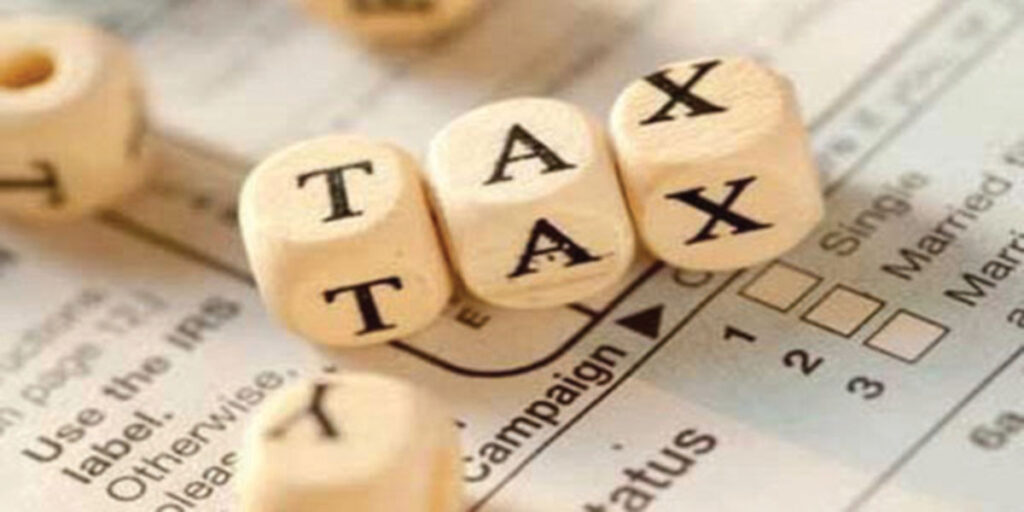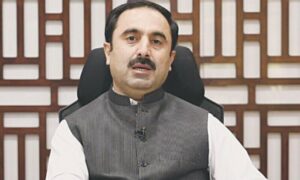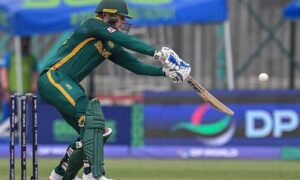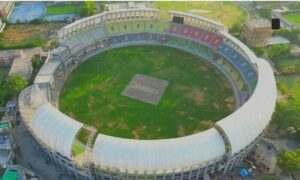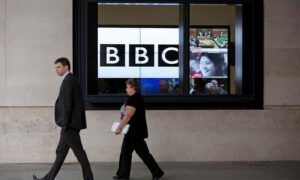ISLAMABAD:
The government on Thursday assured a review of the imposition of an 18% sales tax on packaged milk, as it turned out that Pakistan has the highest tax on branded milk in the world and two-thirds of consumers earn less than Rs50,000 a month.
The assurance to review the high tax rate was given by Minister for Finance Muhammad Aurangzeb during a meeting with the Pakistan Dairy Associationthe representative body of the packaged milk industry. The PDA requested a reduction of the sales tax rate to 5%, aiming to bring it in line with most countries.
The association also shared the findings of various independent surveys with the finance minister, which dispelled the myth that the sales tax on dairy products was in line with international standards and that only wealthy people consume packaged milk in Pakistan.
The government had imposed an 18% sales tax on packaged milk, tea whitener, and powdered milk in the budget to raise Rs50 billion in additional taxes. However, this has started crippling the industry, which has seen a double-digit reduction in sales.
Due to Prime Minister Shehbaz Sharif’s decision to impose the 18% GST, the price of packaged milk increased by Rs70 per kg or 28% to Rs350 per litre. The industry on Thursday urged the finance minister to review the decision and reduce the sales tax on packaged and powdered milk from the current 18% to 5%, industry representatives said after the meeting.
In a country where 40% of children under the age of five are stunted and 54% of girls and women are anaemic, the government’s imposition of an 18% sales tax on packaged milk is seen as detrimental. Pakistan also ranks 109th on the Global Hunger Index.
The industry cited a survey in its representation to the finance minister, which showed that 64% of packaged milk consumers earn under Rs50,000 per month. Rs50,000 per month is the income level exempted from income tax.
Finance Minister Muhammad Aurangzeb had stated in his post-budget press conference that only wealthy people drink packaged milk. However, the most nutritious item has now become the most expensive in the country’s food basket.
The Pakistan Dairy Association further stated that the 18% sales tax on milk in Pakistan is an anomaly worldwide. It stated that no other country has such a high tax on milk, not even developed nations.
According to its representation, there is no tax on milk in the United States, Canada, Australia, Bangladesh, and the United Arab Emirates. It further stated that there is no tax on milk in India, while it is 8% in Sri Lanka, 9% in the United Kingdom, and 7% in Germany.
However, in these countries, there is sales tax on other food products.
The finance minister acknowledged the industry’s hardships during the meeting and said that the government would review the taxation and explore the possibility of revising the tax rates, according to meeting participants.
The industry stated that since the imposition of the tax in July last year, sales volumes have declined by 20%, with a further decline of roughly 14% expected in the second half of the current fiscal year.
The industry stated that the expected Rs50 billion in earnings from packaged milk would not materialise due to declining sales. Moreover, the formal sector lost 20% of its milk supply to the unregulated loose milk market.
Following the sales decline, the industry closed about 500 milk collection centres. The closures impacted 35% of formal farmers, who are now forced to move to the loose milk trade, incurring losses of Rs10 to Rs15 per litre.
After the tax imposition, milkmen also increased the prices of loose milk by Rs30 to Rs40 per litre, according to the PDA. The informal sector gained Rs1.3 trillion annually due to the government’s decision to impose the 18% sales tax, it further stated.
The real tax impact is about 25% due to the informality in the sector. The government also charges a 4% further tax and a 2.5% withholding tax from unregistered wholesale distributors and dealers.
A collaborative study by renowned academic and research institutions assessed the safety and quality of loose milk samples collected from milk shops across Pakistan. The study found that 45% of loose milk is unsafe to drink, the finance minister was informed. Only 8% of the total milk is sold in packaged form in Pakistan, compared to 45% in India.
There is also a reduction in capacity utilisation, with processors operating at less than 50% capacity, and a few below 30%, leading to divestment and 20% job losses. The government was informed that smaller players are already on the brink of closure and that taxation may soon start impacting major players.
Companies are also cutting back on advertising their brands, using the savings to offset some of the losses.
- Desk Reporthttps://foresightmags.com/author/admin/

